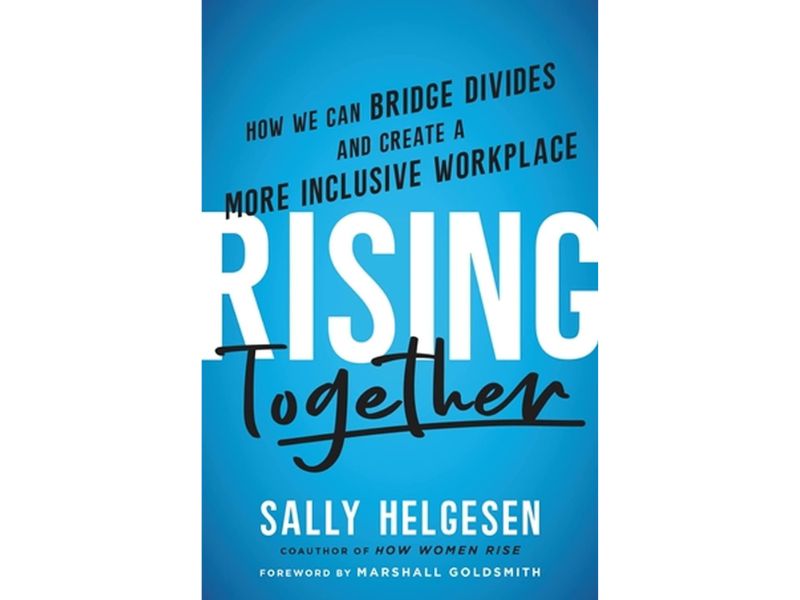
According to a recent survey from the Chartered Institute of Personnel and Development and BUPA, a whooping near one million women in the UK could quit their jobs in 2022 due to the lack of adequate workplace policies to support those going through menopause.
Menopause, perimenopause, and post-menopause, aside from physical effects, can have a range of physiological impacts. Symptoms like anxiety, mood swings, hot flashes, brain fog, palpitations, and irregular periods are commonplace and can have an enormous impact on every day and work life.
Despite half of the population experiencing menopause at some point in their life, the topic is still largely taboo for many in the workforce.
A further report from GenM uncovered worrying statistics relating to the attitudes and perceptions towards menopause in the workplace. The report showed that:
- Almost nine in 10 (88 per cent) women wish their workplace were better set up for the menopause
- More than half (52 per cent) of menopausal or post-menopausal women said their employer knew nothing or little about the menopause
- Almost half (48 per cent) felt uncomfortable about discussing menopause at work.
It is perhaps quite understandable then, that many people can be uncomfortable, and potentially afraid, to talk about the effects and impact on their lives to colleagues.
Interestingly, and potentially just as big a concern, only a third (32 per cent) of employees surveyed said they thought there was commercial value in understanding more about menopause in their specific job role or department – particularly worrying when viewed in the context of almost a million people leaving the workforce because of menopause since the start of 2022.
So, what can employers do to ensure that their employees feel supported during a difficult part of their life?
It may seem overly simplistic (most of the best solutions do) but the first, and fastest, way to reduce the stigma around a topic is to open honest discussion.
In much the same way that the taboo around mental health is being eroded the trick, from an employer’s perspective, is to find the right forum for this – As with any potentially sensitive topic, it’s important that people feel capable of discussing and asking questions without fear of judgement.
As we’ve seen with other internal initiatives, such as our LGBTQ+ webinar which led to one of our colleagues openly discussing his daughter’s trans journey, sharing stories / experiences can be a powerful way to encourage others to open up and join the conversation.
It’s essentially a snowball effect – one discussion leads to another and wider conversations and education.
Our top tips for facilitating these conversations would be:
- Remember, it’s often the ‘obvious question’ which is the one that is on everyone’s mind.
- People should enter discussions with an open mind – this is how we learn.
- Providing a supportive environment is key. Understanding that people want to learn more, so providing links to additional resources etc in the follow-up to a conversation can be helpful.
We have signed the Menopause Workplace Pledge – in signing the pledge we’re committing to:
- Recognising that the menopause can be an issue in the workplace and those going through it may need support
- Talking openly, positively and respectfully about the menopause
- Actively supporting and informing your employees affected by the menopause
Through this we’re continuing to make our organisation a supportive and understanding place, particularly for any of our employees going through menopause.
For us, it was important to listen to our employees and have them help shape the polices we put in. As part of this listening culture, we facilitate various forums for learning and discussion opportunities.
These range from Affinity Groups, a voluntary programme, open to all, which act as open forums for employees to discuss issues and challenges as well as workplace policies. Each Affinity Group has an Executive Sponsor meaning any suggestions around policy can / will be discussed at the board level.
To Employee Support Groups which are led, and put in place, by our people who feel passionate about an issue or topic and wanted to do more. These are forums which allow for the opportunity to freely discuss anything surrounding shared identities, experiences, beliefs or indeed policy.
Engaging with and listening to our people allows us to gather tangible insights, feedback and ideas that are discussed at board level and have real influence over culture and policy.
World Menopause Day is an opportunity to reflect on and rethink the approach to this stage of life, tackling the stigma and taboo around menopause and offering quality support to all those who experience it.
About the author
Marco Pezzani, National Customer Service Director and Executive Sponsor for Mental Health & Wellbeing at Ricoh UK, looks at what more organisations can be doing to support those going through menopause.







